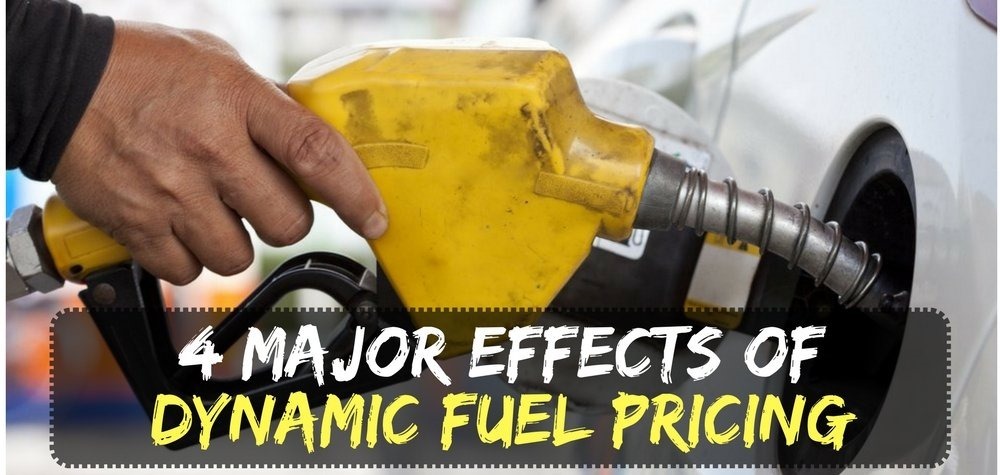4 Major Effects Of Dynamic Fuel Pricing Which India May Witness In Coming Days

Petrol and diesel is a commodity which is used by almost every Indian; and even if a person is not directly affected by fuels (example owns no vehicle), he or she is certainly indirectly affected by its usage.
Business and corporate sector of India is abuzz with the introduction of dynamic fuel pricing in India, something which has never been done before, but something which is pretty common in developed countries.
With this new protocol, you need to pay fluctuating prices of both petrol and diesel daily, based on the global crude prices and currency conversion rates.
As all the 4 major oil marketing companies which control 95% of oil retail in India, namely Indian Oil Corp, Bharat Petroleum Corp and Hindustan Petroleum Corp have decided to implement it, effective May 1st, it is now certain that dynamic fuel pricing will become a reality in India.
Now, the question arises, how will this new form of fuel pricing affect Indians? Herein, we present 4 after effects of dynamic pricing in India, which India may soon witness:
Contents
Effect On Oil Companies
The effect is certainly positive. First of all, with dynamic pricing, these oil companies would be able to forecast their revenues and losses well in advance, thereby eliminating any speculations from their quarterly report. Some analysts have described this decision as an act of independence, as no longer will these companies depend on fluctuating currency conversion rates to determine their profits.
Usually, oil companies maintain a hedge fund to absorb the difference in cost of global crude oil prices, and that of actual rates in which fuel is sold to consumers. This maintenance and expense of hedge funds will decrease, which will lead to an increase of 5-7% in revenues.
Besides, Govt. may soon integrate all 4 oil marketing companies into one, which will now become easier due to dynamic pricing.
Effect On Politics
In the past, political pressure has been one of the key ingredients of fuel pricing. If a major political event was supposed to take place, say elections, the pricing of petrol and diesel were not changed, until the elections were over. Such arrangement won’t be possible now, as oil marketing companies won’t be able to execute the ‘higher orders’, due to dynamic nature of pricing.
Effect on Consumers
Consumers won’t be affected much, as the dynamic pricing will change the pricing with few paisa here and there, pump to pump (depending on the oil marketing company involved). However, if there is a major international event, like a war or riots, then the prices may fluctuate a lot, and it can become expensive or cheap, depending on the nature of the incident. But on an average, there won’t be much difference.
Effect on FMCG Goods
Interestingly, some analysts are predicting that prices of FMCG goods may also fluctuate dynamically, just like fuel prices. This is because FMCG prices are directly related to fuel prices. Now, if the fuel prices suddenly increase, then there are chances that FMCG products pricing may also fluctuate, and sometimes daily. Now, here is a catch: Oil Marketing companies are relying on technology to immediately reflecting the change at all petrol pumps, hence, the time-gap in changed prices, and its execution becomes less. But, if FMCG products’ prices are changed daily, then its retailers and distributors would be required to quickly reflect that change.
Whether they would be able to use technology for the same is a question, which we don’t have an answer right now.
What other changes do you expect due to dynamic fuel pricing? Do let us know by commenting right here!
PS: If you wish to know how dynamic fuel pricing influenced US, then here are few resources.
